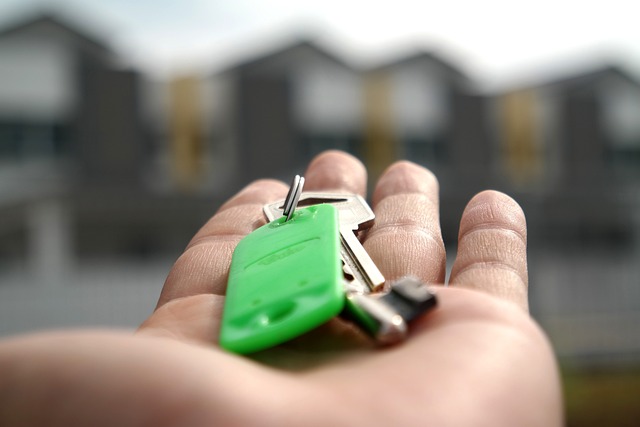Many veterans worry that bad credit will keep them from buying a home. Fortunately, the VA loan program offers flexible guidelines that make homeownership more accessible—even for those with low credit scores or a past financial setback. Here’s a breakdown of how it works and what veterans need to know if they are trying to qualify for a bad credit VA loan.
No Minimum Credit Score from the VA
The Department of Veterans Affairs (VA) does not set a minimum credit score requirement for VA home loans. However, individual lenders usually impose their own credit standards. These lender-specific requirements can vary widely, with some requiring scores as low as 500, while others may expect a score of 620 or higher.
It’s important for veterans to shop around and compare lenders—some are more credit-friendly than others. Working with lenders who have “no overlays” (meaning they stick closely to VA guidelines without adding extra requirements) can make a big difference.
Manual Underwriting: A Valuable Option
If a veteran doesn’t qualify through automated underwriting systems due to a low credit score, there’s still hope through something called manual underwriting. This process involves a human underwriter reviewing the loan application in more detail, considering factors beyond just the credit score.
Some of the things a manual underwriter might look at include:
- Payment history on rent, utilities, or other regular bills
- Alternative credit sources, such as car insurance or phone bills
- Employment and income stability
- Cash reserves or savings
- Low debt-to-income (DTI) ratio
- Explanations for past credit issues, such as medical emergencies or temporary job loss
How to Strengthen a VA Loan Application
Even with bad credit, there are several ways veterans can improve their chances of approval:
- Show consistent payment history: Especially for rent and utilities over the past 12 months
- Resolve outstanding collections: Particularly non-medical debts and child support
- Limit new debts: Avoid large purchases or new credit lines before applying
- Save for reserves: While not required, having money in the bank can help
- Provide strong documentation: Clearly explaining any past financial difficulties
Bankruptcy and Foreclosure: What’s the Waiting Period?
Veterans who’ve gone through bankruptcy or foreclosure are not automatically disqualified. The VA loan program is more forgiving than other mortgage types:
- Chapter 7 Bankruptcy: Typically, a 2-year wait after discharge
- Chapter 13 Bankruptcy: Possible approval after 12 months of on-time payments in the plan
- Foreclosure: Generally, a 2-year waiting period, depending on the circumstances
Compared to conventional loans—which often require 4 to 7 years after bankruptcy or foreclosure—the VA loan timeline is much more accommodating.
Will a Lower Credit Score Affect the Interest Rate?
It’s possible that veterans with lower credit scores may receive slightly higher interest rates. However, because VA loans are backed by the federal government, lenders take on less risk—and that helps keep rates lower than many other types of loans. Veterans should always compare multiple lenders to find the best terms.
Final Thoughts
Bad credit doesn’t have to be a roadblock to homeownership for veterans. The VA loan program is designed to support those who’ve served, offering flexibility that’s hard to find in other loan types. With the right lender, preparation, and guidance, many veterans with poor credit can still qualify for affordable, stable home financing.




Leave a Reply